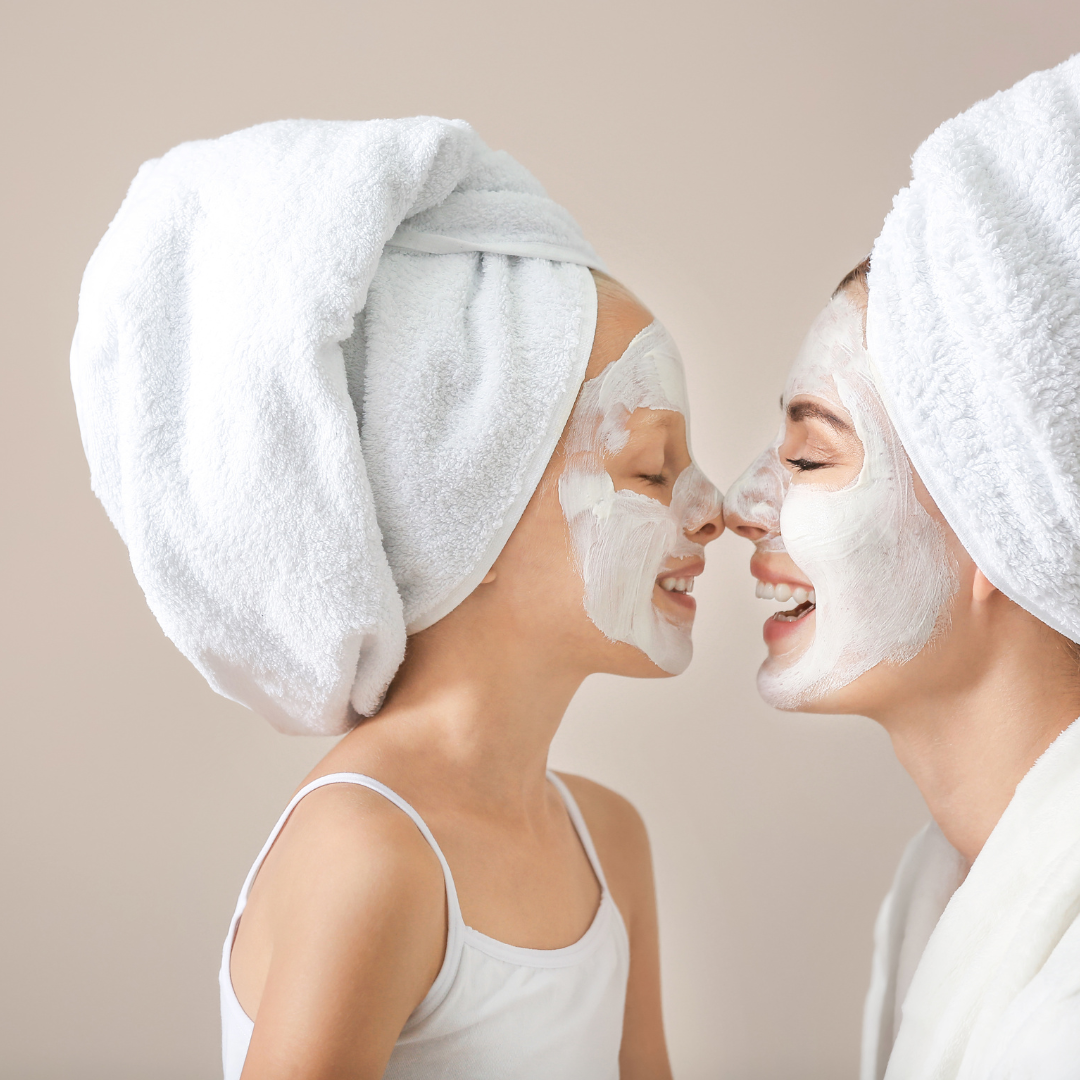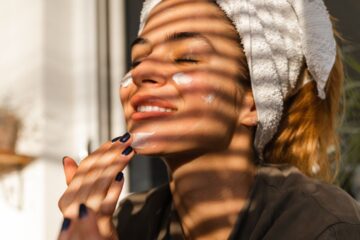Until recently, multi-step skincare routines were considered “adult play.” Anti-aging ingredients such as retinol, as well as vitamins C and E, gained popularity in the 1990s, mainly among older women. In 2010, twenty-something women (and some men) made the pursuit of selfie-ready skin an obsession for millennials, and many Americans and Europeans discovered Korean multi-step skincare.
On the one hand, it’s entirely common for children and teenagers to want to take care of their skin. On the other hand, the phenomenon of children adopting multi-step, high-end skincare routines may indicate that adults are instilling in them an unhealthy fear of aging.
For generations, it has been widely considered normal, even cute, for little girls to want to participate in certain rituals of adult femininity. Today, much like in previous generations, girls learn behaviors that instill a sense of self-worth from both adult women and other girls. However, dermatologists argue that complicated, multi-step skincare routines are not beneficial for children’s and adolescents’ skin, and the proliferation of such content mainly on TikTok is convincing more and more young people of the necessity of such skincare and wanting to emulate influencers.
Early establishment of healthy skincare habits in children can be a positive phenomenon. Dermatologists currently recommend cleansing, moisturizing, sun protection, and nourishing the skin with gentle ingredients for every skin type. Today, it’s about protecting the skin barrier, ensuring its proper function, and photoprotection is recommended as a preventive measure for healthy and youthful skin.
High-end anti-aging cosmetics rich in active ingredients seem to be a waste of money when used by such a young consumer. It’s important to understand how an active cosmetic is formulated. A cream that can improve facial contour, reduce wrinkles, and diminish signs of sun damage can also provide excellent hydration due to its base. However, there are moisturizing products that do not contain advanced active ingredients in their composition, which would have no chance of working on young and blemish-free skin and could also cause adverse reactions.
There is no appropriate age to start using advanced skincare. For example, teenagers dealing with acne have valid reasons to start using retinol early, but such skincare should be tailored by a cosmetologist or dermatologist.
Media plays a huge role in creating unhealthy trends among young people, but so do parents and surroundings that inadequately educate youth about conscious skincare tailored to the needs of the skin at a given age.
🔹 Do you agree? 🔹




